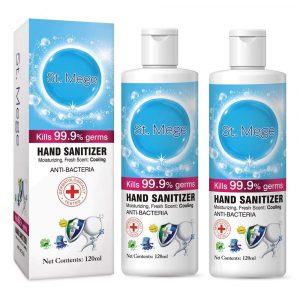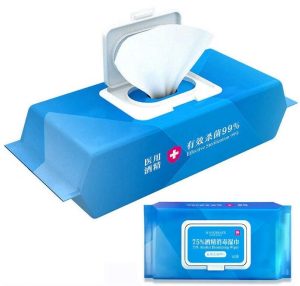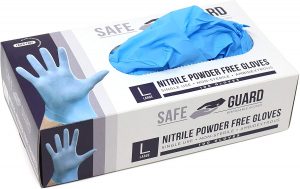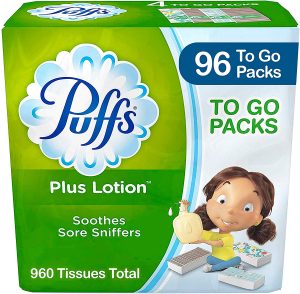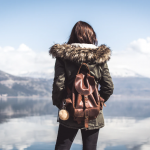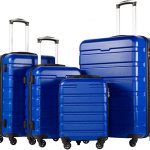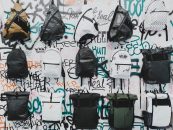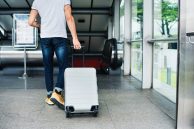7 tips to travel safe during the coronavirus pandemic
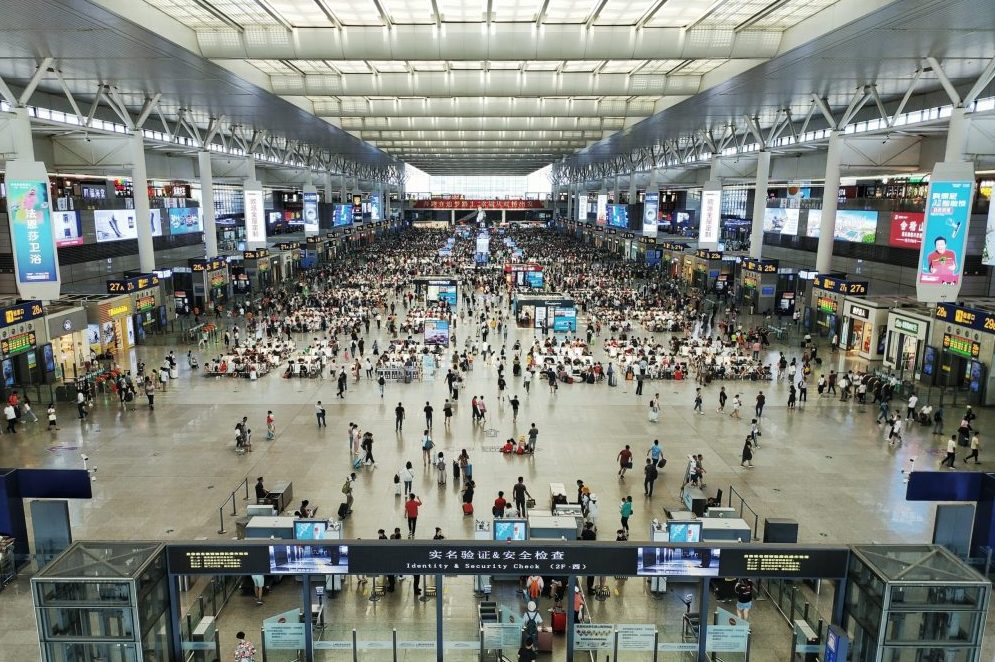
Many countries around the world are taking measures in order to stop the spread of coronavirus among their citizens. This leads to canceled flights and a limitation in people’s movements, who are in some cases forced to stay at home.
The COVID-19 is affecting thousands of people around the world. And this is arising concerns among those who need or want to travel. If this is your case, here you have some advice to travel safe during the coronavirus pandemic.
Check also the items you should be provided with (as we recommended you for your First Aid Travel Kit) and stay safe!
1.Wash your hands frequently
You have probably heard this everywhere: it is extremely important to wash your hands (and wrists) frequently and thoroughly, for at least 20 seconds with hot water and soap. Do this after being in public places or public transport. If you travel, wash your hands also when you leave the airport, any supermarket or a store.
Avoid touching your face, eyes, mouth and nose with your hands unwashed. In case you do not have access to hot water and soap, you can use hand sanitizer: a bottle of less than 3.4 ounces/100 ml will be perfect to bring in your carry-on luggage.
2.Keep enough distance with other people
Specially in crowded places, keeping a distance of 1 meter/3 feet is very important.
Coronavirus can be transmitted through respiratory droplets when we sneeze or cough: being this distance away will prevent you from being in touch with the droplets of a potential infected person and, therefore, from being infected too.
3.Use antibacterial wipes and spray to clean surfaces
If you are going to stay at a place for long time, it would help to have some antibacterial or alcohol wipes or spray with you. This is something you can also bring in your hand luggage to use it when necessary.
Though disinfection and deep-cleaning has increased at hotels, transports and public places in general due to the coronavirus pandemic, you can always make sure you are touching a clean surface by using your wipes first or simply applying some alcohol spray.
4.Have a pair of rubber gloves
Specially if you need to buy things at any store or supermarket, or if you need to touch screens and handles, latex and rubber gloves can help (as long as you change and clean them regularly, as with your own hands).
Bear in mind that, despite of using rubber gloves, you must keep on washing your hands as recommended. And above all, do not touch your face while wearing gloves: they will keep your hands clean, but not the things you touch with them.
5.Check the rules of the country you are visiting
Specially in Europe, many countries are taking measures to fight the COVID-19 spread. It is vital that you do some research of the country you are visiting to see the rules imposed and travel safe from coronavirus.
And, of course, do the same as the citizens of that country, not only to avoid spreading the disease but also to avoid fines or even prison…
6.Do not reuse tissues
Tissues are something we usually take wherever we go. To have enough tissues at hand so they do not need to be reused is now very important, specially for those people with allergies who tend to sneezing and sniffling.
The COVID-19 transmission takes place from one person to another mainly by coughing and sneezing. Please make sure you have plenty of tissues and use them while traveling and being with other people.
7.Face masks? Maybe…
People have gone a little crazy getting face masks to keep coronavirus away… However, experts do not find evidence that they can help preventing healthy people from being infected. On the contrary, masks can make uncomfortable people touch their faces more often, increasing infection risks.
You should wear a mask whenever you start having symptoms to avoid infecting other people. Seek for medical help if this happens and follow their recommendations.
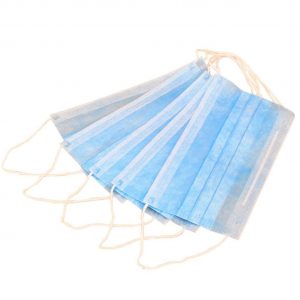
To sum up, if you are going to travel during the coronavirus pandemic, do not panic and follow these recommendations. Avoid crowded places in general, specially closed ones. Keep distances with other people to avoid spreading the disease. And above all, wash your hands thoroughly: this is the most effective way to stop spreading the disease.
Enjoy your trip and stay safe!
